Ancient Egypt Midterm I
1/34
There's no tags or description
Looks like no tags are added yet.
Name | Mastery | Learn | Test | Matching | Spaced |
|---|
No study sessions yet.
35 Terms
Chronology of Ancient Egypt
Predynastic
Dynastic
Ptolomaic (Greek)
Roman
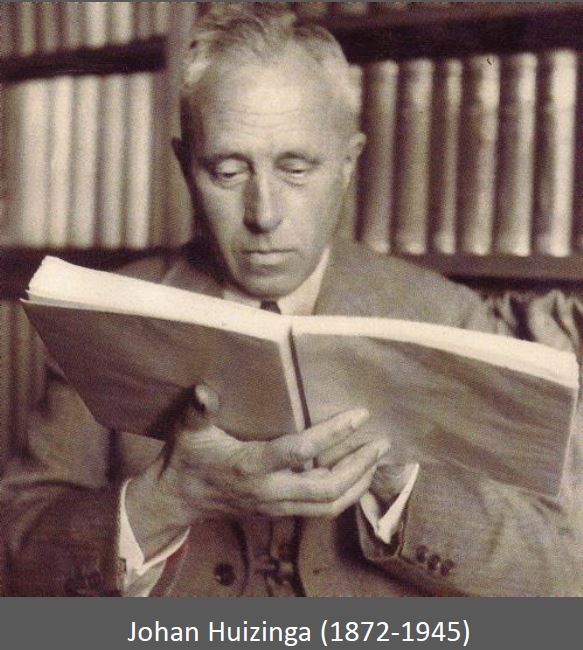
Johan Huizinga
Badass anti-nazi scholar, interested in cultural/social history at a time when "facts" and "dates" were all the rage
Homo Ludens
Book by Johan Huizinga; Introduces play as a cultural phenomenon ie play is part of cultural history
Homo Ludens (Meaning)
The man who plays!
What is human culture by nature, according to Johan Huizinga?
Ludic!
Definition of Play according to Johan Huizinga
Free and voluntary activity performed outside of ordinary life
Characteristics of Play according to Johan Huizinga
1. To act as if (seriousness is fluid)
2. Satisfying in and of itself
3. Localized in Time and Space
4. Fixed rules that are freely accepted and absolutely binding
5. tension and joy from uncertainty and repeatibility of games
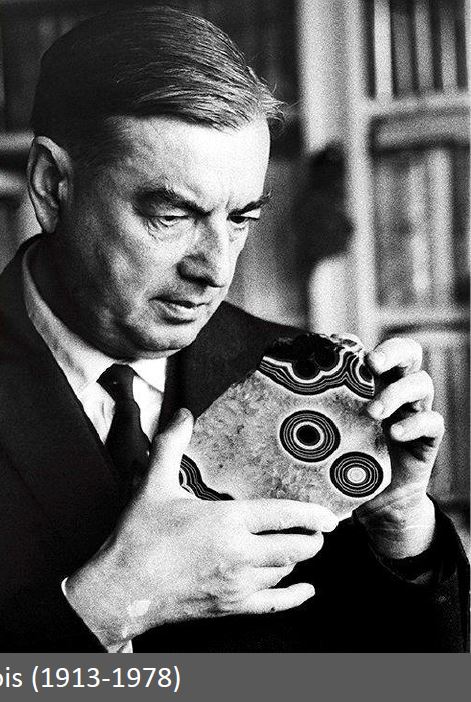
Roger Callois
French literary critic, sociologist, linguist. Engaged in anti-fascist political activity and also touted western exceptionalism. Developed theory of games
Man, Play, and Games
Book by Roger Callois. Classifies game into four distinct categoriess
Categories of Games according to Roger Callois
1. Agon (Competition)
2. Alea (Chance)
3. Mimicry (Simulation)
4. Ilinx (Vertigo)
Agon
Competition. Desire to be recognized for excellence, implies sustained attention, training, and will to win
Alea
Game category, Chance. Purely arbitrary games in which everyone is equal (eg throwing dice)
Mimicry
Game category, Simulation. Player takes on role, makes others believe player becomes somebody different (eg theater)
Ilinx
Game category, Vertigo. activities allowed to reach a certain degree of physical dizziness, fun is in doing things that are normally forbidden (eg traveling carnivals)
Game Attitudes
1. Paidia (Children)
2. Ludus (Play)
Paidia
Game attitude, Children. Games that are more turbulent, spontaneous, playing without rules
Ludus
Game attitude, play. Games that are more regulated, have conventions, more adult-like
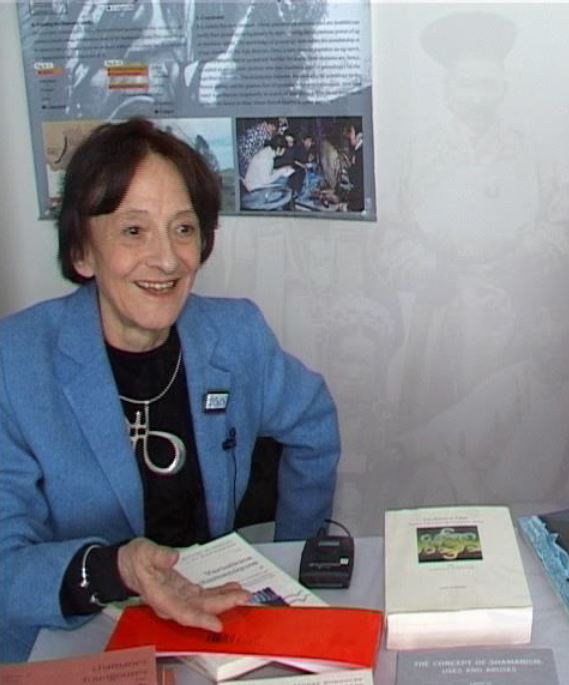
Roberte Hamayon
French anthropologist, girlboss, studied principally Buryat people and Siberian Shamanism. Contributed greatly to theory of play, extended concept of play beyond games, included rituals, theater, dance, and combat sports.
Play according to Hamayan
Hamayan revises the Western notion of unproductivity of playing games, discusses ambiguity between fiction and reality with notion of fictional frame (to act as if). Play is a way to have power on luck and fate (indeterminacy), promote social interaction and emotional ties, and regulated activities (rites)
Hunting the Soul
Book by Roberte Hamayon, deals with Siberian Shamanismm and the symbolic good made accessible by playing/games. Lays foundation for Why We Play
Why We Play
Groundbreaking essay by Roberte Hamayon. Discusses, play as specific way of acting/doing, defines characteristics of play (common across all human societies, ambiguity between fiction and reality, power over luck and fate)
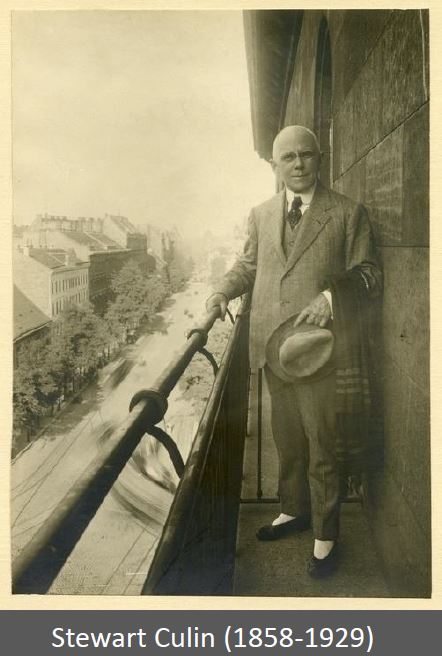
Stewart Culin
North American Ethnographer, studied indigenous north american and eastern populations. Considered by some to interpret things through biased, western lens. Introduces concept that games demonstrate strong bond between culture and myth, and games are excellent means of studyng interactions between cultures and societies
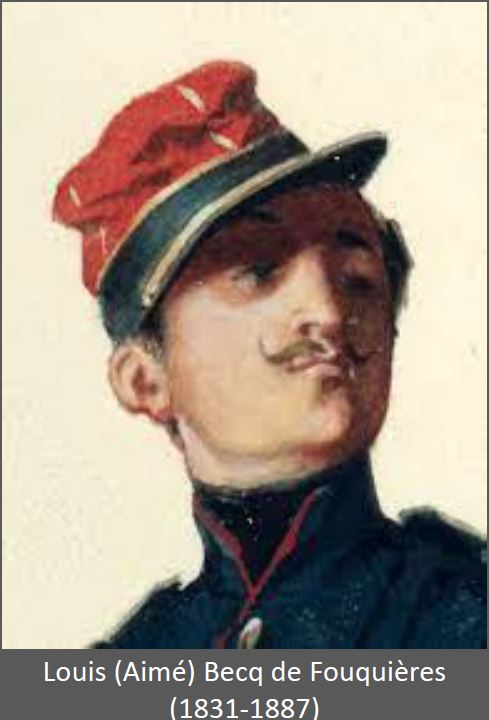
Louis Aime Becq de Fouquieres
French, self taught, wrote Games of the Ancients, special interest in child games and toys
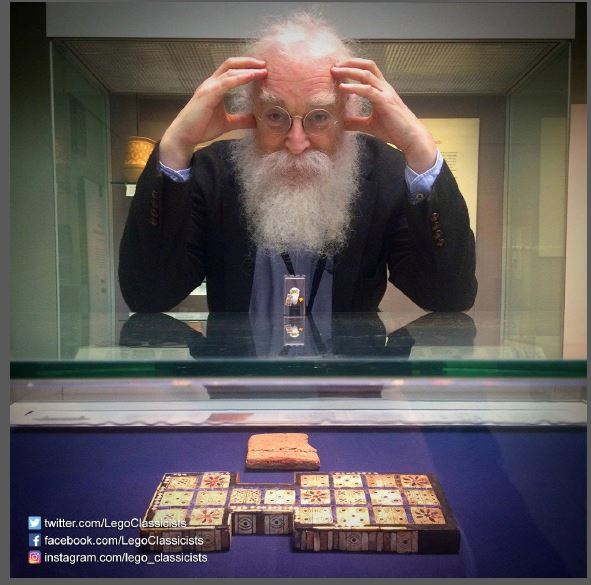
Irving Finkel
Organized international conference, 1990 Ancient Board Games Perspective. Determined rules of The Royal Game of Ur, mesopotamian game also present in Egypt
Locus Ludi
European research study, 2017 granted 2.5 million dollars, created by Professor Veronique Dasem. Study textual, archaelogical, image sources in context, wanted to show how games reflect social construction of society, how participate in construction